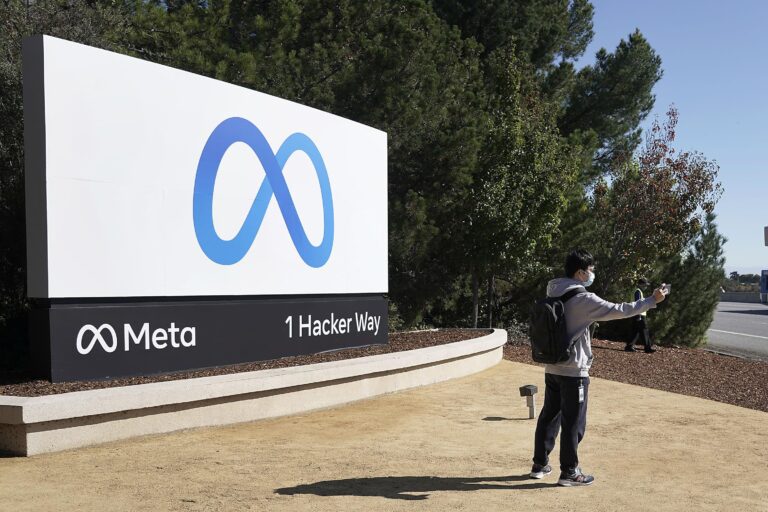Amazon is not the problem. Its Apple.
- Amazon is what keeps Eric Schmidt up at night but in reality what he should be worrying about is Apple.
- An interview during a recent visit to Berlin revealed that he worries more about Amazon than he does about Yahoo! or Microsoft.
- Amazon is certainly more dangerous than either of these companies at the moment but the one that can do Google real damage is Apple.
- This is because a significant portion of Google revenues are being generated by Apple devices which is something Apple would like to put an end to.
- RFM estimates that in 2014E, $7.9bn or 49% of all Google’s mobile advertising revenues will be generated by Apple iPhones and iPads.
- This is still greater than the $6.9bn generated by Android despite there being over 1bn Android devices in the market.
- I also believe that if Apple could, it would remove all of Google’s apps from the app store, which would reduce Google’s ability to generate revenues on iOS to almost zero.
- The problem is that Apple’s own ecosystem is not yet nearly strong enough and jettisoning Google would probably lead to a large number of users switching to Android.
- There is no sign of Apple being even close enough to contemplate this move, but in the long run, I am sure that this is on the horizon.
- This, combined with the poor user experience on Android, is why Google is taking more and more control of the Android user experience.
- When Google has complete control, the open source (Android Open Source Platform) piece will be a tiny kernel with Google’s software sitting on top.
- In effect Google will have migrated Android to look just like iOS or Windows Phone.
- In this way Google will improve the user experience on Android thereby increasing usage and consequently its own ability to monetise its users.
- Amazon is certainly a problem for Google but users in the fixed Internet still only spend a small portion of their overall online time shopping.
- This means that Amazon is really only competing with Google in a small portion of the overall area within which people use search.
- It’s a valuable area but it is a small piece of the pie none the less.
- Amazon is trying to expand outside this core area but its strategy to date looks like a series of badly thought out, very expensive experiments.
- Outside of its core market of e-commerce, Amazon currently offers very little threat to Google.
- I am far more worried about Apple but its current inability to do anything about Google leaves the road clear in the medium term for steady growth in revenues and profits.
- There remains some distance to go in Google and this remains one of my favourites in the ecosystem.









Blog Comments
Peter
October 14, 2014 at 10:27 am
You keep saying Android offers such a poor user experience. I switched from iOS to Nexus 9 months ago and love it. Love the speed, the interaction between apps, the superior Google services. I find iOS too rigid.
windsorr
October 15, 2014 at 10:09 am
each to his own. For the average user, the Android expereince is chaotic and fragmented. tricky to set up. The user has to be his own systems integrator. Having everything predetermined and just working is a much better option for the vast majority of users,
tatilsever
October 14, 2014 at 12:22 pm
> “Amazon is certainly a problem for Google but users in the fixed Internet
> still only spend a small portion of their overall online time shopping.”
Is “time spent” the appropriate metric? They may be spending a small amount of time browsing the shopping sites, but that is the most fruitful time for generating information about their near term spending intent. Besides, advertising networks and cookies allow companies to combine input from multiple sources, so they can keep tracking users across other sites that cooperate with them.
Google would cut people off from searching about WW1 or Falkland Islands on its site if it could. These searches and news reading patterns contain very weak signals about what we may purchase in the near future. If I am searching for Onkyo STS313XYZ on Amazon, there is a very good chance that I intend to buy a home theater system. Google might come up with a profile of me that says I might be in some sort of target demographic, because of my gender, my interest in some topics, my geographic location etc, but that is only marginally better than what they could discern from my newspaper subscriptions in the past. Advertisers would far rather know whether I am actually getting ready to spend money on something resembling their products in the next six months than mere demographics.
Sudhakar
October 14, 2014 at 4:16 pm
I think Google needs to worry about Amazon, atleast in developed markets and very soon in India, Amazon is capturing very key data about user interests.. Media consumption(Kindle, Amazon instant, Music, cloud services etc..)
Although Google is strong in search/video advertising right now, it’s the curated content where Amazon is a leader and users prefer more curated/professional produced content
Amazon has a history of my purchases (ecommerce, kindle & amazon instant) and will be much better in projecting what my next purchase would be..
Also Google has been talking about getting into enterprise, cloud services etc.. But Amazon has a rapidly growing AWS business
windsorr
October 15, 2014 at 10:14 am
In this instance that is true. The value of the e-commerce information is more valuable than most but it is still a fraction of the overall internet monetisation opportunity. I would argue that if you are already searching for a stereo system then the biggest job of the advertiser is already done. The real tasks is to tell you about stuff that you dont know about or have not yet realised that you want or need.
Tatilsever
October 16, 2014 at 6:04 am
I disagree. Brand advertisers still have a tough job. Amazon may not care whether a shopper ends up buying an Onkyo or Denon, but they do and that is their best (and possibly last) opportunity to sway the customer’s opinion. Google might get $2 or $10 for each user over the course of a year, but Amazon might be able to extract that much on just one purchase.
windsorr
October 16, 2014 at 12:12 pm
Yes thats true but now we are talking about e-commerce rather than the monetisation of Internet traffic. I try and exclude e-commerce from the my analysis as it muddles the picture up completely. I would argue that e-commerce would happen anyway idf there was no Internet. If Amazon did not exist I would do the transaction through a regular shop. Hence it is not incremental and why I exclude it. There are pros and cons to this approach.
Tim Nash
October 14, 2014 at 7:58 pm
‘I also believe that if Apple could, it would remove all of Google’s apps from the app store, which would reduce Google’s ability to generate revenues on iOS to almost zero.’
Tim Cook is a pragmatist. For at least the next few years Apple’s best source of new iPhone customers will be Android users. It is easier for them to move over if all the best Android apps, including Google’s, are available. They will stay on iOS if initiatives like Apple Pay, Healthkit, Metal and Apple Watch make the ecosystem stickier or if they find the ecosystem richer in the other apps they want.
windsorr
October 15, 2014 at 10:16 am
Yes I agree. It wont move until it can do so with the safety that it wont lose is users. That day is FAR off at the moment. If it is still making great margins while still having Google around then this will be less of an issue. Its when the inevitable pressure comes that this issue will come to a head.
What not to expect from Apple’s upcoming iPad announcement | Travelers-Pro
October 16, 2014 at 11:51 am
[…] This line of meditative was desirous by Open Mobile’s Richard Windsor, who pronounced in a new post: […]